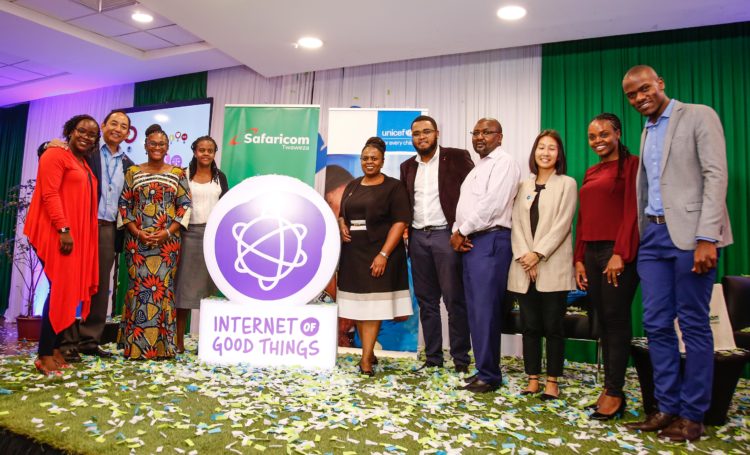The world has gone digital, considering that access to the internet around the world is growing tremendously. According to the International Telecommunications Union, about 81% of the developed world have access to the internet while 56.1% of the population of the world have access to the internet. In essence, we are living in the internet age.
However, with all these digitalization, millions of people around the world still lack access to credible information. Given that lack of information is a huge factor to social and economic growth, UNICEF came up with an initiative ‘The Internet of Good Things’ to bridge the gap.
‘The Internet of Good Things’ is a mobile-packaged content platform that makes life-saving and life-improving information available for free even on low-end devices. The platform helps bridge the digital divide and also builds knowledge around the world. It grants communities and frontline workers access to educational, health and other important information. UNICEF has however partnered with Safaricom to launch this service in Kenya.
See also: Kenya Unveils a Centralized Digital Economy Blueprint
The service will be available to rural communities in Kenya and they will access it through Safaricom SIM cards. UNICEF and Safaricom will through this partnership bridge the digital divide and grant more access to information. Safaricom will bear the connectivity cost of the partnership.
The service will be available for free for just Safaricom’s SIM card users. It will also be available on low-end devices and basic web-enabled mobile phones. Safaricom will provide affordable phones to further deepen the penetration of the platform.
Through this service, Kenyan youths will be able to access information that will broaden their knowledge and awareness of critical matters. They will be able to partake in critical discussions and also voice their opinion through their phones.
Content available on the platform includes information on ending violence and positive parenting. These enable one to recognise violence and how to report it, safe sexual health information, menstrual hygiene and environmental protection amongst others. The content will be in English and Kiswahili with more local languages to come later.














